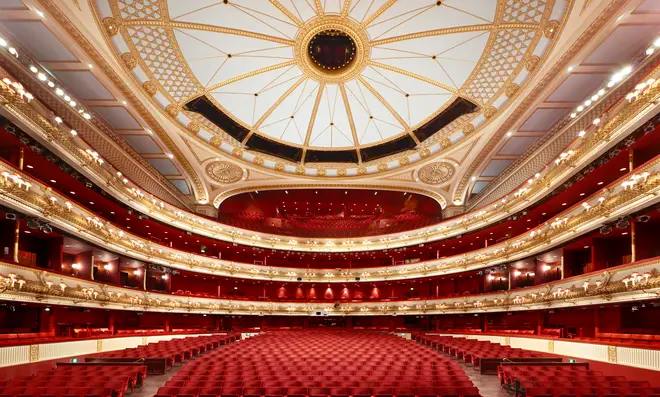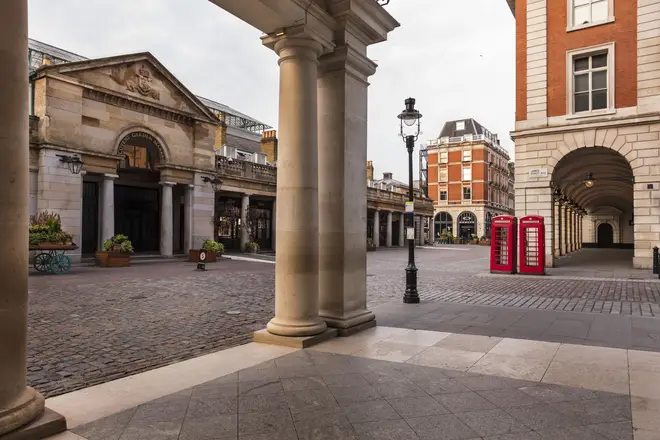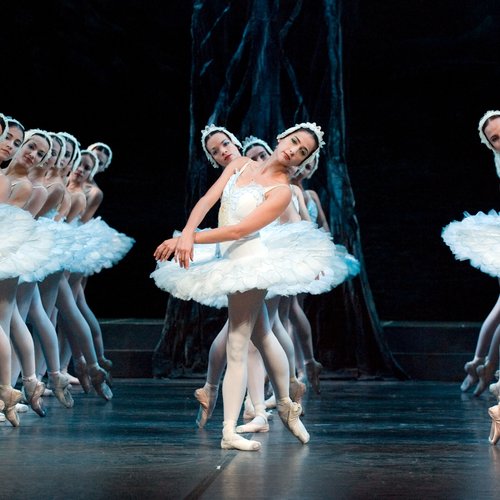Royal Opera House cuts entire team of casual staff
17 July 2020, 15:46 | Updated: 17 July 2020, 16:10

In spite of emergency government funding, “the financial pressures caused by the pandemic are such that significant cost reduction is needed”.
The Royal Opera House (ROH) in London has confirmed it’s cutting its entire team of casual staff.
The move is part of a restructure the company has taken in the face of financial pressures caused by the coronavirus pandemic, which saw the venue shut in March and music director Antonio Pappano already waive his salary.
ROH tweeted today (17 July): “It is with huge sadness that we have begun a restructure process. The scale of financial pressure on ROH alongside continued restrictions on our ability to perform to live audiences, has resulted in this very difficult decision.”
Speaking to The Stage, chief exec Alex Beard confirmed that the restructure included making all casual staff redundant, and that, despite announcements of “vital” government funding made at the beginning of the month, “the financial pressures caused by the pandemic are such that significant cost reduction is needed”.
“The scale of financial pressure on the ROH, alongside the continued restrictions on our ability to perform to live audiences, has resulted in this very difficult and sad decision,” Beard has said.
“The process has started with a call for voluntary redundancies and the termination of all casual contracts, with a consultation on proposals for changes affecting permanent members of staff due to commence shortly.”
Read more: Birmingham’s Symphony Hall and Town Hall could axe half its workforce >
It is with huge sadness that we have begun a restructure process. The scale of financial pressure on ROH alongside continued restrictions on our ability to perform to live audiences, has resulted in this very difficult decision. [1/2]
— Royal Opera House (@RoyalOperaHouse) July 17, 2020
Back in June, Beard had warned that the iconic London venue would not last beyond Autumn.
Beard spoke during a virtual summit hosted by Cities of London and Westminster MP, Nickie Aiken, in which leaders from West End creative, leisure and hospitality came together to discuss their industries’ survival plan, post-COVID-19.
It was reported that, during the discussion, leaders agreed that the UK government will need to invest around £300 million into the theatre industry, for every three months venues are closed.
In the summit, social distancing was described as “one of the big obstacles” facing the theatre and hospitality industry.
The Covent Garden venue announced its first live concert since lockdown on 13 June, with performances streamed via YouTube and Facebook and no audience present.
Beard and the Royal Albert Hall’s representative said neither venue would be able to reopen to the public with social distancing in place. The Albert Hall’s rep said under current circumstances, it will only survive until April next year before being forced to fold.
“In times of adversity we need the arts more than ever to inspire us and speak to the heart of our shared experience,” Beard said in an email to Classic FM.
“Put simply: without further government support, our theatres will close, the arts will shrink and a generation of talent could be lost to history.”

During the summit, theatre leaders emphasised that keeping social distancing at two metres – or even at the World Health Organisation’s guideline of 1.5 metres – would leave “every auditorium unable to open economically”.
Instead, they offered a list of key recommendations to the government to assist a recovery plan for theatres. The four measures were:
1. Allow venues to introduce other methods of keeping people safe instead of social distancing, including strict cleaning regimes, sanitising and heat testing upon entry
2. Ensure social distancing does not become the “new norm” – rather, a temporary measure while additional safety measures are introduced
3. Consider investing in the industry through arts bonds, which will see theatres pay back a share of profits once they are up and running or provide in-kind community engagement programmes
4. Announce a timetable to bring big events back in time for pantomimes at Christmas





